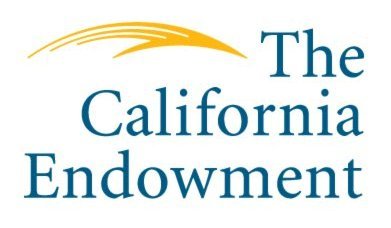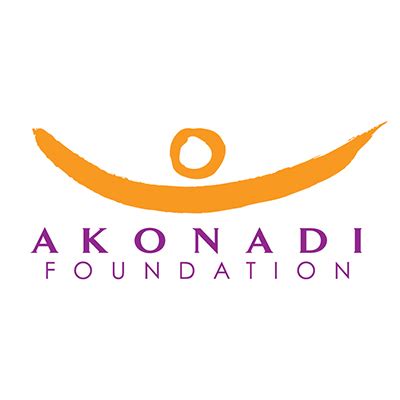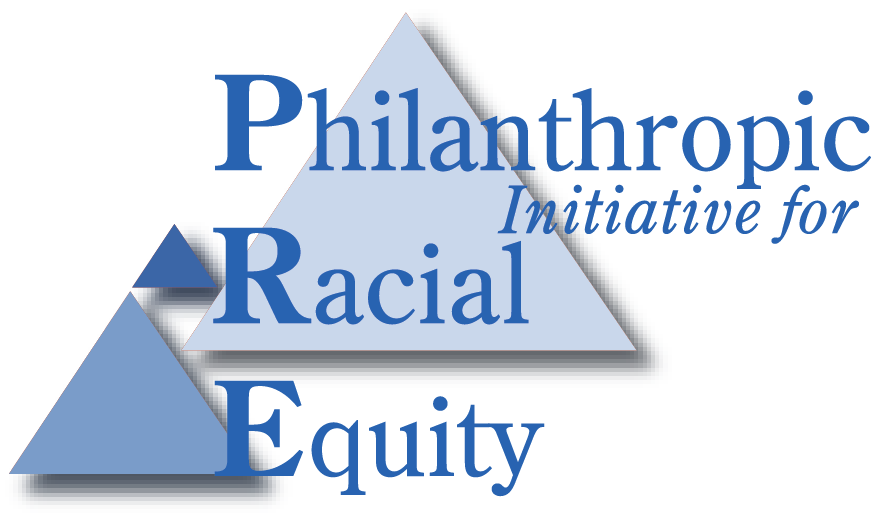Paths Along the Way to Racial Justice: Four Foundation Case Studies
Interviews and case studies of the foundations were done by Lisa McGill, the principal of LM Strategies Consulting and Maggie Potapchuk, the principal of MP Associates.
As structural racism analysis and concepts have evolved over the past 20 years, forward-thinking foundations have increasingly taken intentional steps to address the root causes of racism and disparities through grantmaking.
This retrospective publication provides PRE with an opportunity to highlight some of the principles, lessons and challenges of this work as experienced by different types of foundations. To select the subjects of the four case studies in this volume, PRE sought out institutions that have engaged in intentional practices to strengthen racial justice grantmaking. We deliberately selected a diverse group of private foundations that are at different stages of integrating structural racism analysis in their work, so that both small and large funders could relate and learn from their experience.
We are extremely grateful that Woods Fund Chicago, The Z. Smith Reynolds Foundation, The California Endowment and the Akonadi Foundation all generously agreed to invest significant time in interviews and share internal material with us

Woods Fund Chicago recently named racial equity as the core principle guiding its work. In the case study, the Woods Fund shares some lessons about moving from principle to practice. One of its first steps was to ask questions about organization’s racial analysis in the application process, which proved to be necessary to change the dynamic in a community organizing culture that treated race issues as implicit, rather than an intentional focus. While managing board and staff transitions, Woods Fund Chicago examined grantmaking data to inform their approach to racial equity, and will continue to experiment and deepen its strategic approach. Download the Full Text

The Z. Smith Reynolds Foundation has a long history of tackling the impacts of racism in the South. It recently began shifting from an embedded, implicit value of racial equity to an explicit goal with which the foundation is increasingly and publicly identified. Amidst North Carolina’s civil rights history and current racial justice efforts, the foundation has been working to put some teeth in its equity goals while maneuvering political challenges, building capacity of grantees and creating a dialogue on race and social justice throughout the state. Download the Full Text

The 16th largest foundation in the country, The California Endowment is in the fourth year of a 10-year commitment, the Building Healthy Communities (BHC) initiative. A place-based grantmaking initiative in 14 California communities, BHC has been described as a different type of grantmaking for TCE – an integration of activities, a greater coordination with community sites on policy advocacy, and a process of applying a structural racialization framework. PRE’s case study on BHC provides an opportunity to share this foundation’s story about its learning at an early implementation stage. Download the Full Text

Akonadi Foundation is one of the very few foundations in the U.S. that has explicitly integrated a racial justice framework into its grantmaking from the start. It has a 14-year history that holds many lessons for funders looking to make the greatest impact on deeply rooted issues of racism. The foundation’s ecosystem approach to grantmaking, investment in movement building and prioritization of shifting cultural norms demonstrates the “how” of applying a structural racism framework to local grantmaking in Oakland, California. At the center of Akonadi’s work is a relationship-based approach to strategic partnerships with community groups. Download the Full Text
